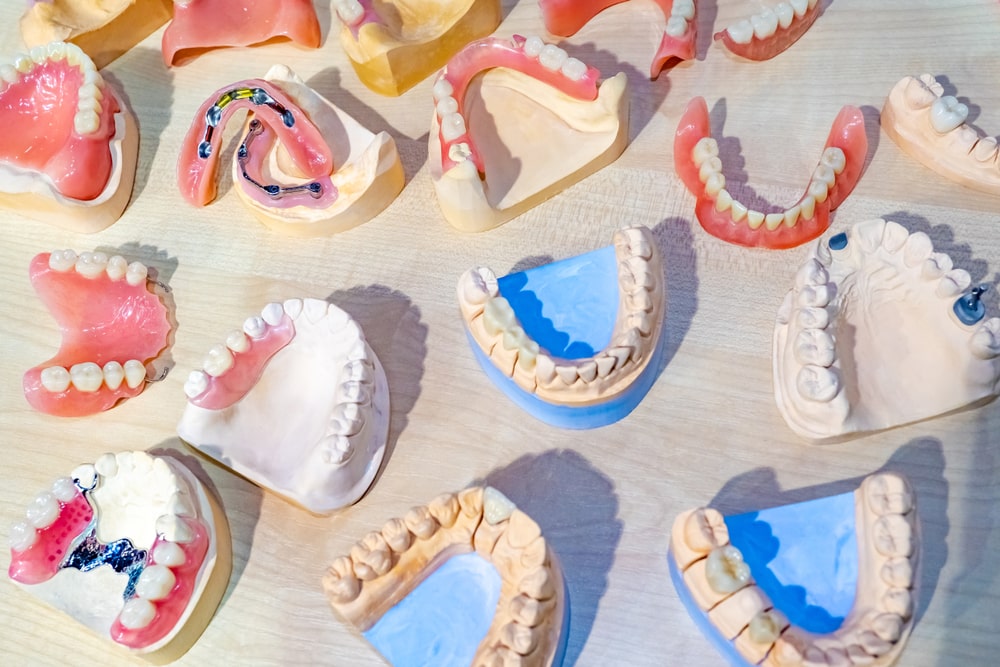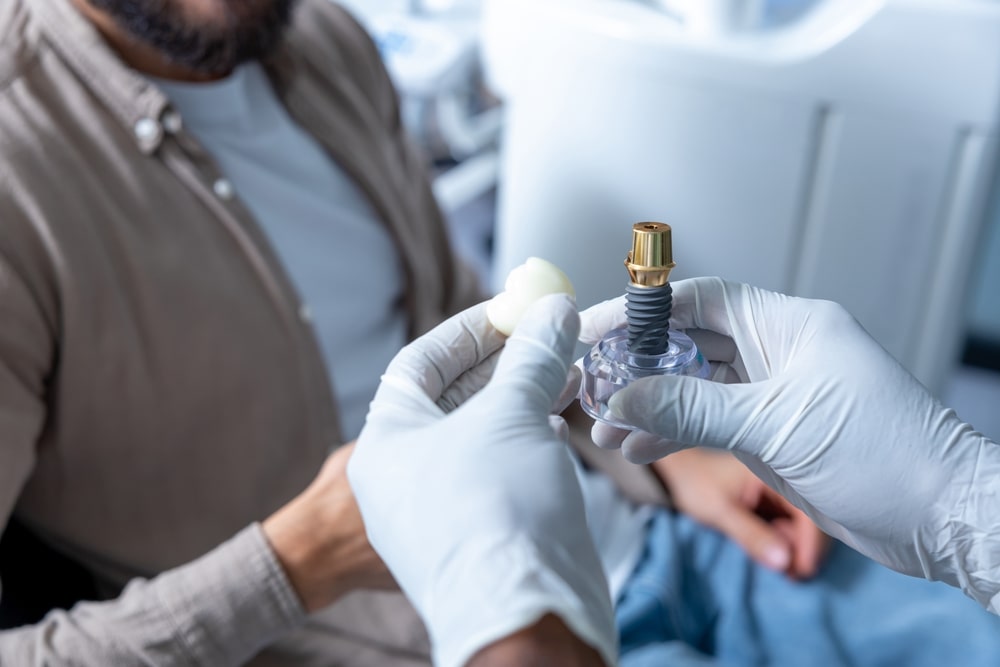Dental implants have revolutionized modern dentistry, providing a reliable solution for tooth replacement. Among the various materials used for dental implants, titanium stands out as the gold standard. This blog explores the advantages of using titanium as an implant material, highlighting why it remains the preferred choice for dental professionals and patients alike.
What is Dental Titanium?
Dental titanium refers to the specific grade and type of titanium used in dental applications, particularly for the fabrication of dental implants. Titanium, a lustrous transition metal known for its strength and corrosion resistance, has become the material of choice for dental implants due to its unique properties that align perfectly with the requirements of dental restorations.
Titanium used in dental implants is typically available in two grades: commercially pure titanium (CP titanium) and titanium alloys.
Commercially Pure Titanium (CP Titanium):
Grades 1 to 4: CP titanium is classified into four grades based on its oxygen content, which affects its strength and ductility. Grade 1 has the highest purity and lowest strength, while Grade 4 has the highest strength due to slightly higher oxygen content. Despite these variations, all grades of CP titanium exhibit excellent biocompatibility and corrosion resistance.
Titanium Alloys:
Ti-6Al-4V: The most common titanium alloy used in dental implants is Ti-6Al-4V, which consists of 90% titanium, 6% aluminum, and 4% vanadium. This alloy offers enhanced strength and fracture resistance compared to CP titanium, making it suitable for implants subjected to higher functional loads.
Applications in Dentistry
- Dental Implants: The primary application of dental titanium is in the creation of dental implants, which replace the roots of missing teeth. These implants serve as anchors for crowns, bridges, and dentures, restoring both function and aesthetics.
- Abutments: Titanium is also used to fabricate abutments, the connecting components that attach the dental prosthesis to the implant. Abutments made from titanium provide a secure and stable interface between the implant and the restoration.
- Orthodontic Devices: In addition to implants, titanium is used in orthodontic devices such as brackets and wires. Its strength and biocompatibility make it suitable for long-term use in the oral cavity.
Advantages of Titanium
Biocompatibility
One of the most significant advantages of titanium is its exceptional biocompatibility. Titanium is a biocompatible material, meaning it is not harmful or toxic to living tissues. This property ensures that titanium implants integrate seamlessly with the jawbone through a process called osseointegration. The body readily accepts titanium, reducing the risk of rejection and promoting faster healing.
Osseointegration
Osseointegration is the process by which the implant fuses with the bone, providing a stable and durable foundation for dental restorations. Titanium’s ability to osseointegrate effectively is unparalleled. This strong bond between the implant and the bone ensures long-term stability and support for crowns, bridges, and dentures, mimicking the function of natural teeth.
Strength and Durability
Titanium is renowned for its high strength-to-weight ratio. Despite being lightweight, it is incredibly strong and durable, capable of withstanding the forces of chewing and biting. This strength ensures that titanium implants can last for many years, providing a reliable and long-lasting solution for tooth replacement.
Corrosion Resistance
The oral environment is harsh, with exposure to saliva, food particles, and bacteria. Titanium’s excellent corrosion resistance makes it an ideal material for dental implants. It does not corrode or degrade over time, maintaining its integrity and functionality. This resistance to corrosion ensures that titanium implants remain stable and secure for the long term.
Versatility
Titanium’s versatility allows it to be used in various types of dental implants, including endosteal implants (the most common type placed directly into the jawbone) and subperiosteal implants (placed under the gum but above the jawbone). This adaptability makes titanium suitable for a wide range of clinical situations and patient needs.
Minimally Invasive Procedures
Titanium implants can often be placed using minimally invasive surgical techniques. These procedures reduce trauma to the surrounding tissues, promote faster healing, and minimize discomfort for patients. The predictability and success rate of these techniques contribute to the overall positive outcomes associated with titanium implants.
Long-Term Success Rates
The long-term success rates of titanium dental implants are impressive. Studies have shown that titanium implants have a success rate of over 95%, making them a reliable option for tooth replacement. This high success rate is attributed to the material’s biocompatibility, strength, and ability to osseointegrate effectively.
Aesthetic Outcomes
In addition to their functional benefits, titanium implants also contribute to excellent aesthetic outcomes. Titanium’s natural gray color blends well with the surrounding tissues and can be easily masked with dental restorations to achieve a natural-looking smile. This aesthetic advantage is particularly important for implants placed in the visible areas of the mouth.
Conclusion
Titanium’s unique properties make it the material of choice for dental implants. Its biocompatibility, ability to osseointegrate, strength, durability, corrosion resistance, versatility, and excellent long-term success rates contribute to its widespread use in dental implantology. Patients can benefit from the reliable and aesthetically pleasing results that titanium implants provide, ensuring a confident and functional smile for years to come.
For dental professionals and patients seeking the best possible outcomes in tooth replacement, titanium dental implants continue to be the gold standard, setting the benchmark for quality and performance in the field of implant dentistry.




